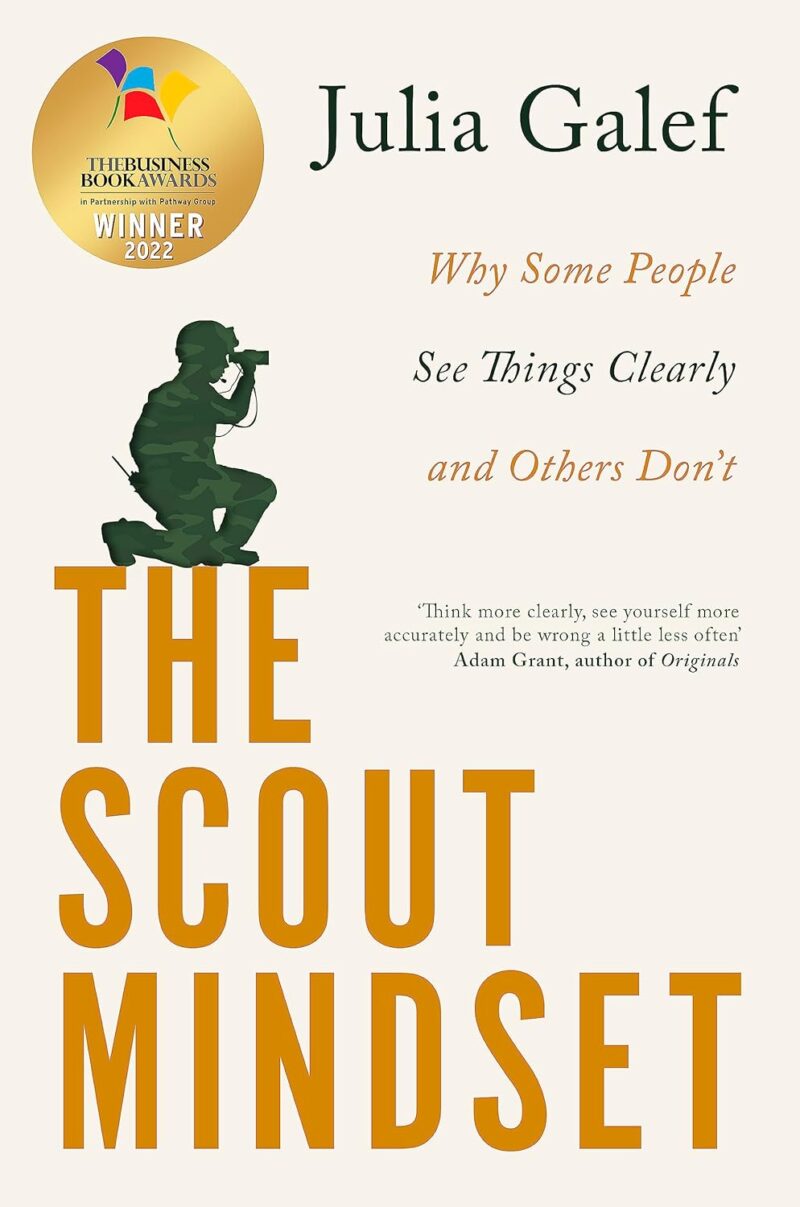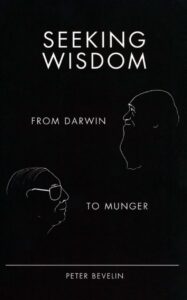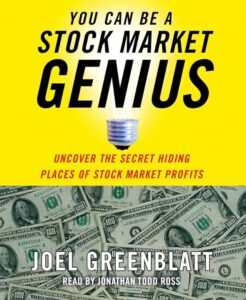Why Some People See Things Clearly and Others Dont
The "Scout Mindset" is a treasure trove of insights into the human psyche, decision-making, and societal dynamics.
The “Scout Mindset” is a profound exploration of human psychology, decision-making, and social dynamics. This review aims to delve into the core themes of the book, offering insights, quotes, and examples that encapsulate its essence.
The book stands out for its interdisciplinary approach, weaving together psychology, history, politics, and sociology. It covers various compelling topics ranging from expert political judgment, negotiation strategies, historical medical research, the impact of social media on political polarization, cognitive biases, and the formation of personal identity and beliefs.
Key Themes and Discussion:
1. Expert Judgments in Politics and Decision Making: The book begins with a critical examination of expert political judgments, as highlighted by Philip E. Tetlock’s “Expert Political Judgment: How Good Is It? How Can We Know?”. It questions the accuracy of expert predictions in political scenarios. A quote from the book states,
“The average expert was ‘roughly as accurate as a dart-throwing chimpanzee.’”
The discussion of Bruce Bueno de Mesquita’s “The War Trap” ties into real-world political conflicts and decisions, illustrating the complexities and often unpredictable nature of political outcomes.
2. Negotiation and Decision Making: Deepak Malhotra and Max H. Bazerman’s “Negotiation Genius” and Christopher Voss’s “Never Split the Difference” are cited to demonstrate advanced negotiation tactics and the psychology behind decision-making. The book mentions,
“In negotiation, it’s not about winning or losing but about achieving optimal outcomes.”
The book uses examples from corporate negotiations to wars, showing how strategic thinking and understanding human psychology can lead to successful outcomes.
3. Historical Medical Investigations: It dives into the realm of medical history, especially the suppression of research findings, with a focus on cholera treatment in 1854 London, as researched by Michael Emmans Dean. The book reflects on the cholera outbreak in London and the subsequent investigations providing a real-life backdrop to this discussion.
4. Social Media and Political Polarization: The book explores the role of social media in shaping political views, specifically referencing Christopher A. Bail et al.’s study on political polarization. It reflects on recent political events and how social media platforms have contributed to polarizing debates.
5. Cognitive Biases and Mindsets: The distinction between ‘scout’ and ‘soldier’ mindsets is discussed, showing how cognitive biases influence our decision-making. The book uses examples from everyday life to corporate decisions, illustrating how these mindsets play out in real scenarios.
6. Personal Identity and Beliefs: The book touches on how personal beliefs become part of one’s identity, emphasizing the role of community in shaping these beliefs. Personal narratives and stories are used to demonstrate how individuals’ beliefs and identities evolve over time.
7. Reasoning and Rationalization: It discusses human tendencies to rationalize and justify beliefs, using historical examples and psychological tendencies. The book references historical events and personal anecdotes to illustrate how reasoning can often be biased.
The “Scout Mindset” is a treasure trove of insights into the human psyche, decision-making, and societal dynamics. It skillfully bridges theory with real-life applications, making it an invaluable resource for anyone interested in understanding the intricacies of human behavior and thought processes. This book is a must-read for those fascinated by the complexity of human nature, societal norms, and the decision-making process. It’s an enlightening journey through various disciplines, offering valuable lessons for both personal and professional growth.




